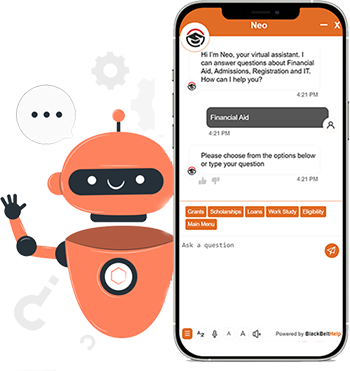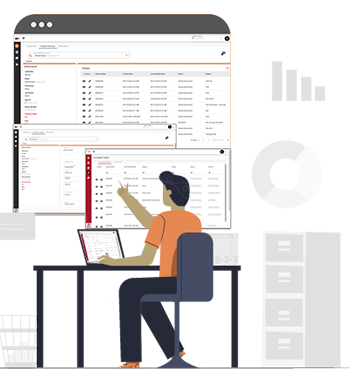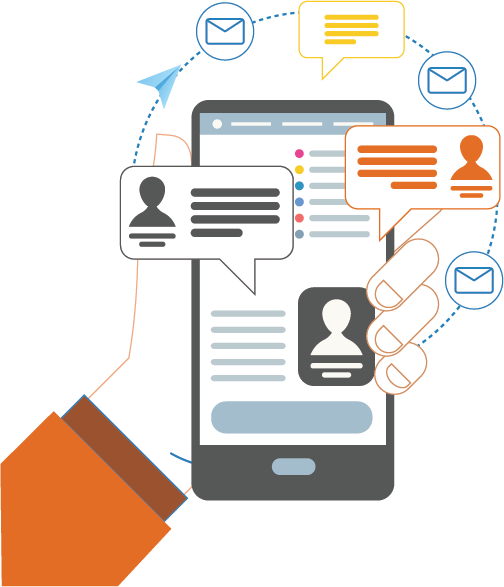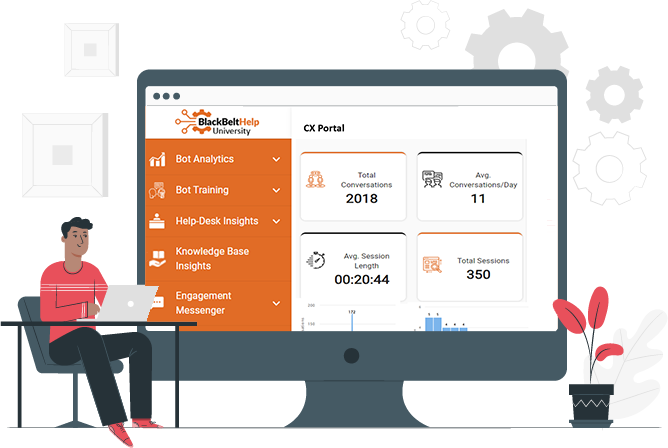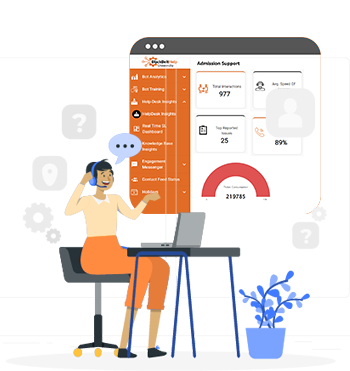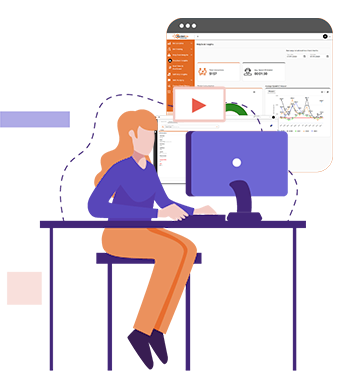After Hours Help Desk: Who Does it best?
The reality is, computer use by students, faculty, and staff isn’t a nine-to-five activity. For example, many of the students in all our institutions work part and full-time jobs to pay for their educations. They are using their computers at night and on weekends. And with student success on the line, you need a Help Desk service provider that focuses on finding a way to support students who study in off-hours.
So, what does your institution need? Around-the-clock technical support for students, faculty, and staff is provided by inbound phone calls, outbound phone calls, and for call-backs to end-users, voice mail, email notification, and chat interface. Here are some of the practices, if followed, can make your decision of choosing a Help Desk partner easy:
- Interaction Management Process
Switching to this model can also help your institution cut cost significantly, Steve Swartz, CIO Fitchburg State University, who uses BlackBeltHelp to provide After Hours support to his end-user community, says, “Each institution pays a different fee based on how many interactions they use,” he adds, “which roughly corresponds to the size of the student body. Fitchburg’s savings calculated to approximately 14.8 percent per year. By adopting the Interaction Management Process, you can take advantage of a separate interaction management process which allows for a separation of incident metrics from requests for information. This allows for an easier consideration of tiering the Help Desk; which may be appropriate for some institutions.By following the interaction-based model, the objective is to provide the information to persons working with dedicated contact and ensuring service consistency. - Extension Of Your Help desk
If you are looking at outsourcing your help desk, the most important thing in your mind is that your end-user community should not feel the difference when they call your technical representatives for assistance. Here are the vital points to remember before making your decision:- Frequent calibration session between your in-house team and your offshore team. Communication channels merged into one.
- Automation of workflows enabling the tickets to be assigned to an agent automatically
- Dedicated quality analysts tracking the efficiency to evaluate agent performance
- Adapting Your Ticketing System
Technical representatives trained on various ITSM tools to open, create, and close tickets handled on a day to day basis. Top help desk providers in higher education space understand that it’s not easy to offboard a ticketing tool that your in-house team has been using for years. It requires an entire overhaul, from migrating your current workflows to creating new ticket queues to everything. Institutions want a team that can come in and adapts to the existing client ticketing system.

